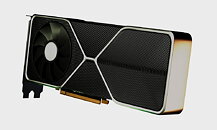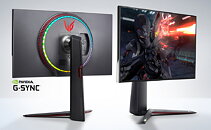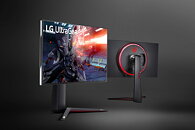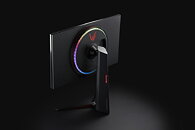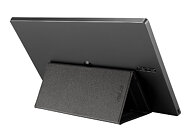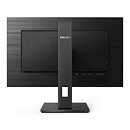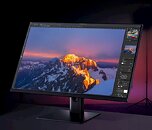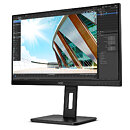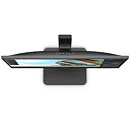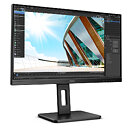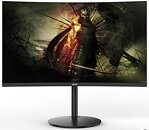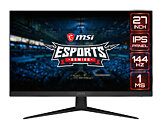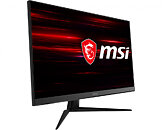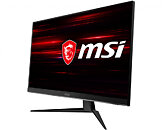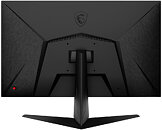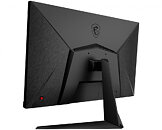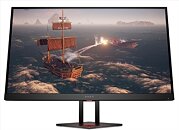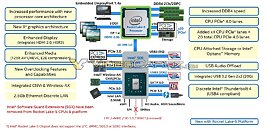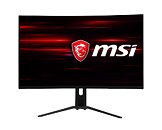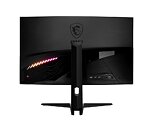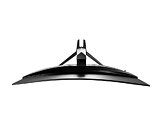
NVIDIA GeForce RTX 3090 and 3080 Specifications Leaked
Just ahead of the September launch, specifications of NVIDIA's upcoming RTX Ampere lineup have been leaked by industry sources over at VideoCardz. According to the website, three alleged GeForce SKUs are being launched in September - RTX 3090, RTX 3080, and RTX 3070. The new lineup features major improvements: 2nd generation ray-tracing cores and 3rd generation tensor cores made for AI and ML. When it comes to connectivity and I/O, the new cards use the PCIe 4.0 interface and have support for the latest display outputs like HDMI 2.1 and DisplayPort 1.4a.
The GeForce RTX 3090 comes with 24 GB of GDDR6X memory running on a 384-bit bus at 19.5 Gbps. This gives a memory bandwidth capacity of 936 GB/s. The card features the GA102-300 GPU with 5,248 CUDA cores running at 1695 MHz, and is rated for 350 W TGP (board power). While the Founders Edition cards will use NVIDIA's new 12-pin power connector, non-Founders Edition cards, from board partners like ASUS, MSI and Gigabyte, will be powered by two 8-pin connectors. Next up is specs for the GeForce RTX 3080, a GA102-200 based card that has 4,352 CUDA cores running at 1710 MHz, paired with 10 GB of GDDR6X memory running at 19 Gbps. The memory is connected with a 320-bit bus that achieves 760 GB/s bandwidth. The board is rated at 320 W and the card is designed to be powered by dual 8-pin connectors. And finally, there is the GeForce RTX 3070, which is built around the GA104-300 GPU with a yet unknown number of CUDA cores. We only know that it has the older non-X GDDR6 memory that runs at 16 Gbps speed on a 256-bit bus. The GPUs are supposedly manufactured on TSMC's 7 nm process, possibly the EUV variant.
The GeForce RTX 3090 comes with 24 GB of GDDR6X memory running on a 384-bit bus at 19.5 Gbps. This gives a memory bandwidth capacity of 936 GB/s. The card features the GA102-300 GPU with 5,248 CUDA cores running at 1695 MHz, and is rated for 350 W TGP (board power). While the Founders Edition cards will use NVIDIA's new 12-pin power connector, non-Founders Edition cards, from board partners like ASUS, MSI and Gigabyte, will be powered by two 8-pin connectors. Next up is specs for the GeForce RTX 3080, a GA102-200 based card that has 4,352 CUDA cores running at 1710 MHz, paired with 10 GB of GDDR6X memory running at 19 Gbps. The memory is connected with a 320-bit bus that achieves 760 GB/s bandwidth. The board is rated at 320 W and the card is designed to be powered by dual 8-pin connectors. And finally, there is the GeForce RTX 3070, which is built around the GA104-300 GPU with a yet unknown number of CUDA cores. We only know that it has the older non-X GDDR6 memory that runs at 16 Gbps speed on a 256-bit bus. The GPUs are supposedly manufactured on TSMC's 7 nm process, possibly the EUV variant.
